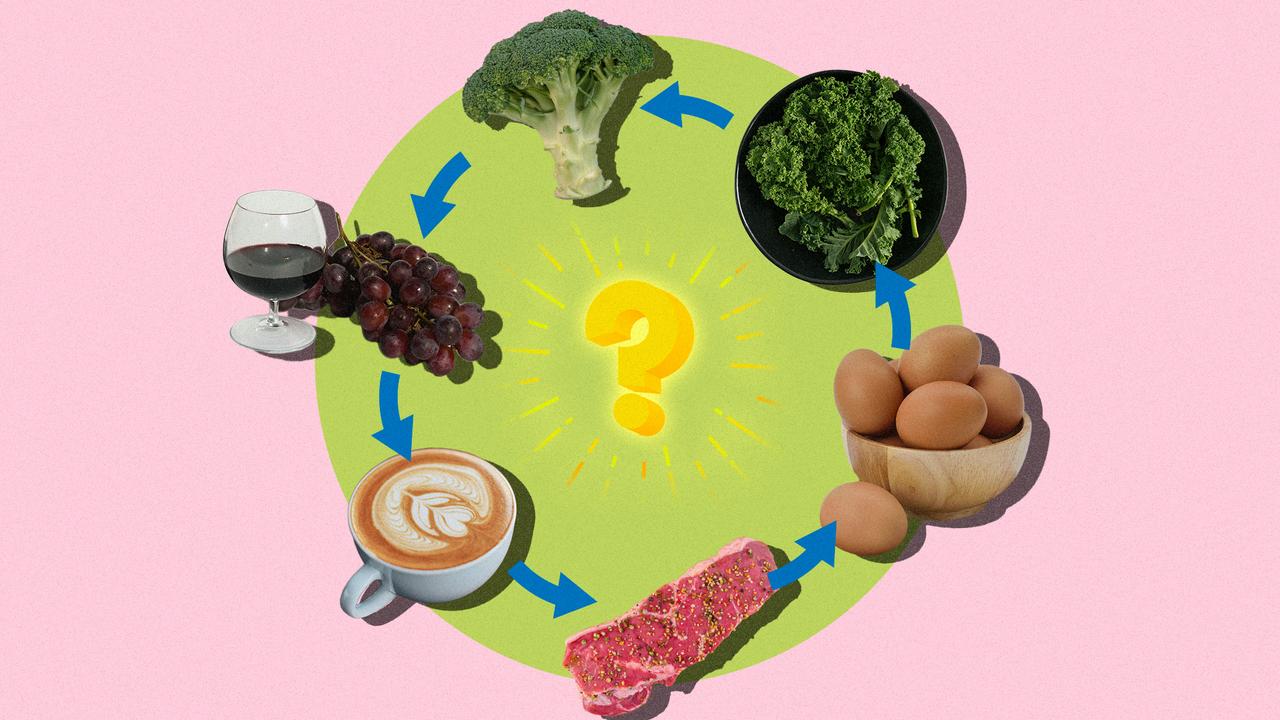Research finds no link between coffee during pregnancy and development problems
Pregnant women are held to a stringent list of dietary guidelines, but one of the most common vices – coffee – may be safer than previously thought.

Drinking coffee while pregnant may not be as harmful as previously thought, with new research finding no link between its consumption and stunted neurological development.
While researchers at the University of Queensland recommended women continue to follow current health advice, their study found many prior surveys linking poor infant health to coffee consumption may have had results attributable to other unreported factors like smoking or drinking during pregnancy
Lead researcher Gunn-Helen Moen said past research subjects may have inadvertently affected study results due to fears of admitting they engaged in other unhealthy behaviours during pregnancy.
“We had a look into some of those studies that make the basis of these recommendations and found that they do seem to have some flaws,” Dr Moen said.
“Many of those studies have not properly accounted for other harmful behaviours … we also know that if you ask women what they do in pregnancy, they’re more likely to say ‘yes, I drink coffee’ rather than saying ‘yes, I smoke’, because that’s a stigmatised behaviour.”
Previous UQ research indicated birth weight, miscarriage and stillbirth were also seemingly unrelated to drinking coffee.
“We know that there is a lot of information out there for women in terms of what they should eat, should not eat, and how they should exercise, or not exercise when pregnant,” Dr Moen said.
“Often there’s the implication that it’s better to say, don’t do it until we know whether or not it’s safe, which I think can cause a lot of stress on women who are trying to follow a long list of guidelines.
“Even though we haven’t yet found any evidence that coffee in itself is harmful, there could obviously be outcomes for the child that we haven’t looked at yet that we should look into before we could confidently say that there’s no effect.”
Research released in August 2020 by BMJ Evidence Based Medicine indicated there was no safe level of consumption of coffee during pregnancy.
The UQ study sidestepped traditional survey methods that could be affected by poor individual reporting by studying genetic variations that likely predict coffee drinking in an individual.
It analysed a population of Scandinavian mothers, fathers and children up to the child’s eighth birthday. The population was picked due to a higher proportion of people drinking coffee through northern Europe, with less stigma around its consumption during pregnancy.
In future, Dr Moen and her research team hope to analyse how genetics and environmental factors impact brain development.





